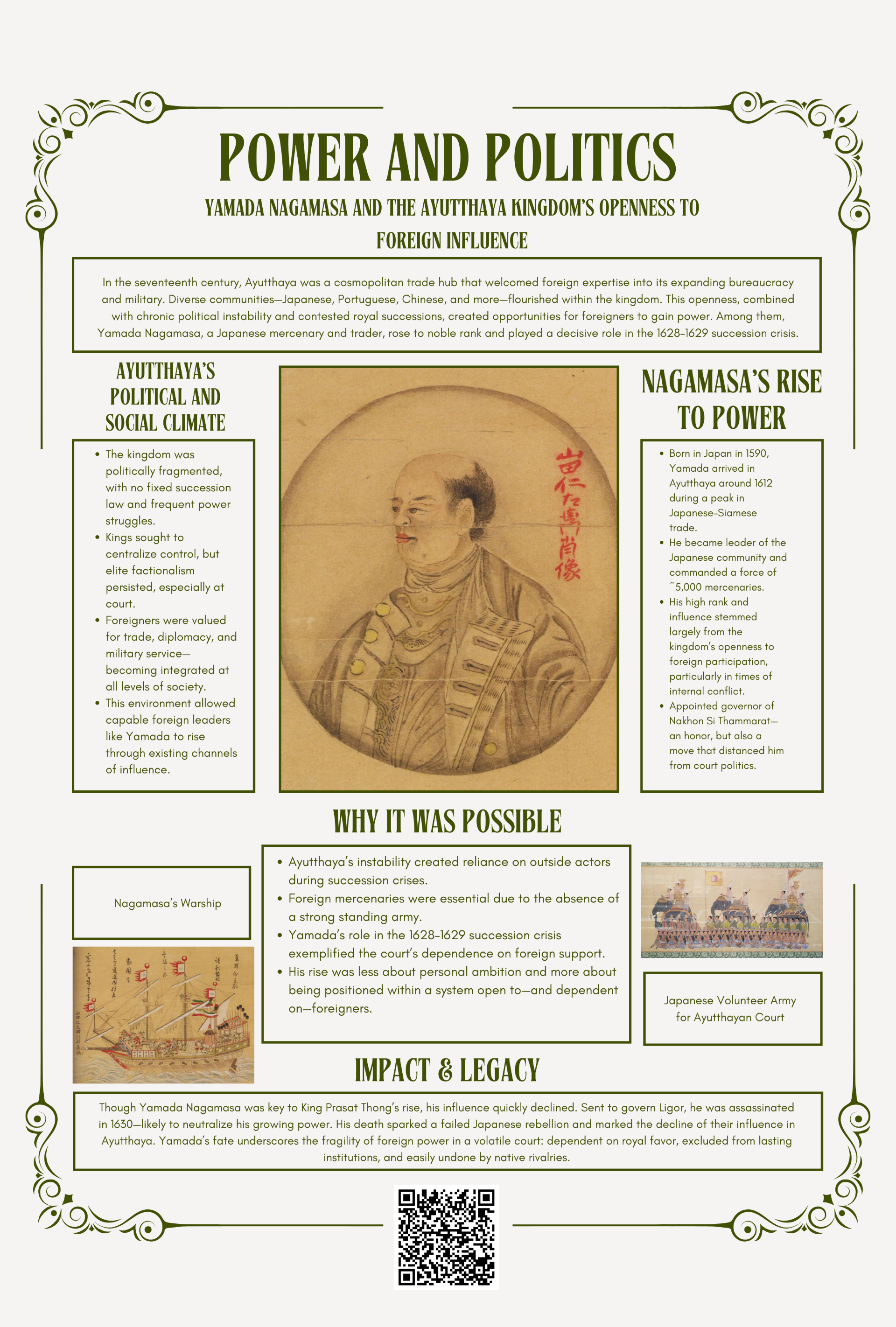



“Original, well written, and provocative in the best sense of the word... The Company and the Shogun is a seminal work, one that offers a bold new vision of the intersection of Japanese and global history in the seventeenth century.” (Monunenta Nipponica)
The Company and the Shogun was awarded the Jerry Bentley Book Prize for World History from the American Historical Association, the International Convention of Asia Scholars (ICAS) 2015 Humanities Book Prize, the Forum on European Expansion and Global Interaction 2015 Book Prize, and the W.K. Hancock Prize from the Australian Historical Association.
The traditional Chinese translation of The Company and the Shogun (Gōngsī yǔ mùfǔ) was awarded the China Times Open Book Award in 2020.
“In this scintillating and deeply researched study, Adam Clulow presents us with a balanced, nuanced, and convincing account of the Amboina affair, its background and its aftershocks...one of the most important books in English on early Dutch imperialism, and a rare good read as well.” (Sixteenth Century Journal)
“Amboina, 1623 deserves the widest possible readership. The story is compelling. So, too, is Clulow's argument about the corrosive effect of fears and anxieties on colonial officials without enough back-up and effectively marooned 'on the edge of Empire.'“ (Journal of Asian Studies)
Shortlisted for the New South Wales Premiers General History Book Prize.
Runner-up for the 2020 Robert W. Hamilton Book Award.
For five centuries protection has provided a basic currency for organising relations between polities. Protection underpinned sprawling tributary systems, permeated networks of long-distance trade, reinforced claims of royal authority in distant colonies and structured treaties. Empires made routine use of protection as they extended their influence, projecting authority over old and new subjects, forcing weaker parties to pay them for safe conduct and, sometimes, paying for it themselves. The result was a fluid politics that absorbed both the powerful and the weak while giving rise to institutions and jurisdictional arrangements with broad geographic scope and influence. This volume brings together leading scholars to trace the long history of protection across empires in Asia, Africa, Australasia, Europe and the Americas.
2018 marked the 150th anniversary of Japan’s Meiji Restoration, a milestone that the government of Prime Minister Abe Shinzō has actively sought to highlight and celebrate. Whereas other studies have focused on the events of the Meiji Restoration itself, this volume reflects upon the politically charged history of commemorating Meiji, particularly in the twentieth century. This other history of Meiji remains largely unknown outside of Japan, even though it is particularly relevant in the aftermath of a wide range of government-sponsored celebrations marking the Meiji Sesquicentennial. The chapters in this volume highlight the politics of memory as they played out across a series of milestones over the twentieth century. Together they show the pressing need to look more closely at issues of commemoration as a key topic in their own right.
The Dutch and English East India Companies were formidable organizations that were gifted with expansive powers that allowed them to conduct diplomacy, wage war and seize territorial possessions. But they did not move into an empty arena in which they were free to deploy these powers without resistance. Early modern Asia stood at the center of the global economy and was home to powerful states and sprawling commercial networks. The companies may have been global enterprises, but they operated in a globalized region in which they encountered a range of formidable competitors. This groundbreaking collection of essays explores the place of the Dutch and English East India Companies in Asia and the nature of their engagement with Asian rulers, officials, merchants, soldiers, and brokers.